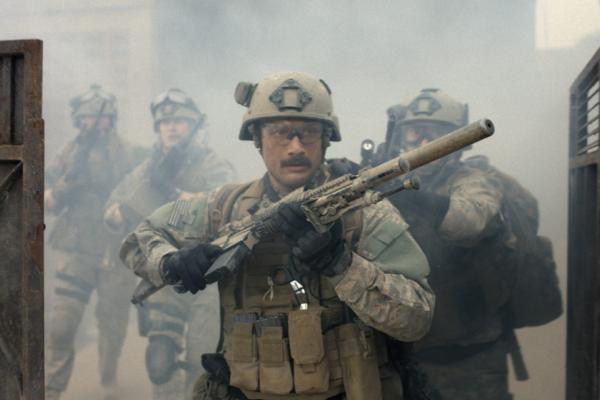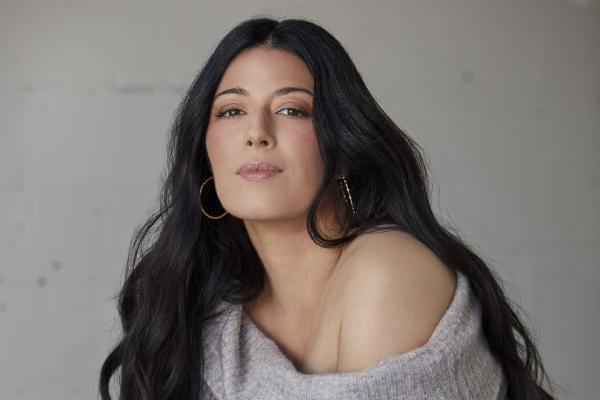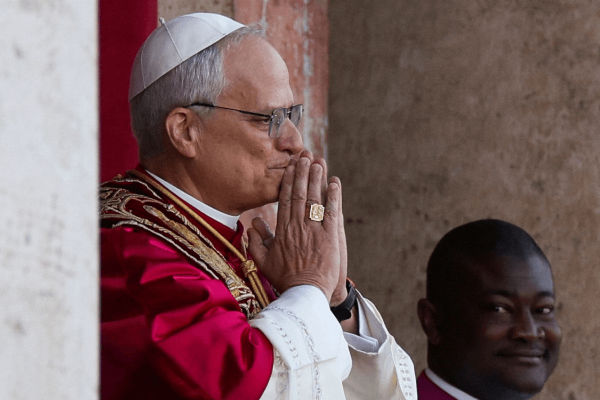There are moments in Long Shot, the new comedy in which Charlize Theron and Seth Rogen fall for each other, save the country from dehumanizing polarization, and (maybe) the planet from dehumanized humans, in which I wondered if I was watching something as good as Tootsie. It’s really easy to make a slapstick joke, but really hard to integrate dozens of them into a coherent work (there’s a reason the Marx Brothers don’t have many heirs); and it’s even harder to weave comic tropes into a story that also manages to feel like real life.
Tootsie, the 1982 story of man cross-dressing to get a job and learning from women and men alike how to grow up, is full of laughs, to be sure; but what makes it a great comedy, and a great film per se, despite its dated notions (though progressive for its time), is that everything in it feels like how real people might behave in such circumstances — not just the arc of spiritual evolution upon which its protagonist travels, but the relationships he has with everyone else in the film, and everything they do themselves. It repays repeated viewings not just because of the delicious performances, but because all the main characters move somewhere within themselves, and many of them in their own right, not just in relation to the protagonist.
Long Shot, written by Dan Sterling and Elizabeth Hannah, and directed by Jonathan Levine, is so good that it’s rare enough to be compared with Tootsie; and although it doesn’t quite reach those heights, along with Hail, Caesar!, Morris from America, and The Big Sick, it’s one of the best American comedies of the past few years.
Rogen plays Fred Flarsky, a campaign journalist for a failing publication, first seen challenging neo-Nazis. Speaking some form of truth to some form of oppressive power has become a regular feature of Rogen’s work — whether it’s white supremacists, authoritarian political leaders, religious ideologies, or oppressive gender norms. Even though it may sometimes miss the mark, or may seem mean-spirited, he deserves plaudits for not hiding what he really thinks, for using comedy to reveal things that sometimes drama can’t adequately convey.
And Theron is Charlotte Field, U.S. Secretary of State, and Fred’s former babysitter. The emotional heft of such a significant role in the world, and the propaganda needs of keeping up appearances are deftly played. She’s exhausted and holding so much: threats of war, domestic political tensions, and, most importantly, the climate emergency, but folks often just want to ask her about her haircare regime. (This is a film that may even induce sympathy for politicians!)
The heart of Long Shot is an unlikely romance between Fred and Charlotte, and one of its delights is the pendulation between the joy and electricity of romantic awakening mingling with the extraordinarily dramatic backdrop of geopolitics. Will they actually fall for each other? Will she do the right thing for the planet, even if it looks like the wrong thing for her career? Is he in love with external conventional beauty, or what?
There are both broad smiles and thought-provocation to be had here — most of us want or are lucky enough to have had an experience of being bamboozled by love, and pretty much all of us have experienced the temptation to sacrifice our moral commitments in favor of reputation or wealth. We live in a web of relationships involving people who have our best interests at heart, as well as people who don’t really know us, or may have misguided motivations; we fear being publicly shamed; we long for leaders who are doing the work of inner transformation, facing the shadow, owning their faults and vulnerabilities, serving the common good.
So Long Shot may provide a form of wish-fulfillment, at least as far as the idea of such a person, or such a couple, getting elected. But it’s a red herring to take Long Shot too literally in its portrayal of a powerful woman finding her vulnerability and a vulnerable man finding his power — especially as it relates to transforming aggressive masculinity into the integrated sort, and unreachably perfect standards of womanhood into a person who earns the respect of the community through being who she really is.
Now it’s slightly less than what I really wanted it to be. One major plot pivot, in which a friendly character is revealed to hold unexpected political views, is both superficially handled, and unconvincing; and some of the humor oversteps the realm of laughter about real life into farce. The tone is unsure — it’s as if the filmmakers didn’t trust themselves enough to do without slapstick. Coco Chanel always said you should remove one item before heading to the ball, and her editing advice could have helped make Long Shot both shorter and better. But there’s so much joy, and even inspiration, to be had here that I don’t really mind. A story that promotes care of the earth and each other, is both realistic and romantic at the same time, turns a chunky bearded boy into Cinderella and calls time on chauvinistic media and politics alike? Maybe political dreams can come true.
Got something to say about what you're reading? We value your feedback!







